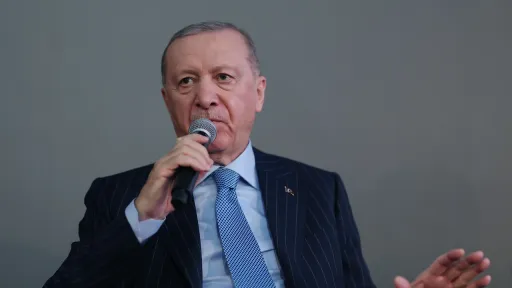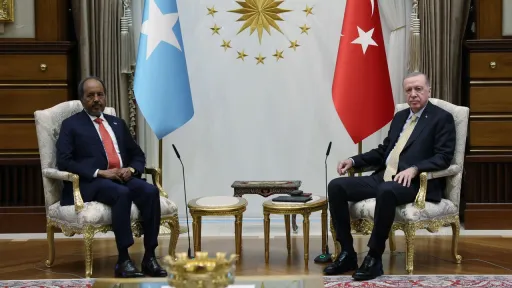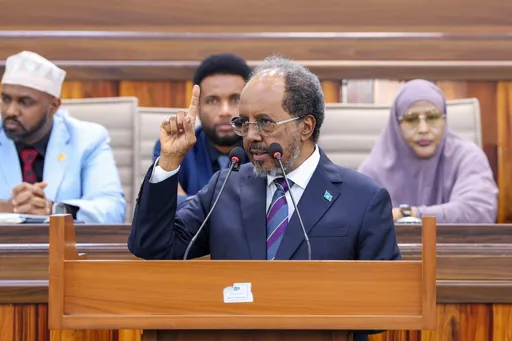The United Nations children's agency, UNICEF, says the impact of insecurity on education in Nigeria ''is alarming, with repercussions that will likely affect generations.''
In a statement on Friday marking nine years since the notorious kidnappings of schoolgirls from the northeastern town of Chibok by Boko Haram militants, UNICEF says since the attack on April 14, 2014, dozens of the girls have not been released.
The armed group abducted 276 students overnight during the attack that sparked global outrage. Most of the abductees have either been freed by the Nigerian authorities or escaped from their captors.
But UNICEF says ''96 girls remain in captivity, and thousands more children have been subjected to grave violations of their rights.''
The UN agency expressed concerns that many more abductions have happened since the Chibok incident and recruitment of children by armed groups has continued.
It called on all parties to the conflict in northeastern Nigeria ''to respect international humanitarian law and human rights law and protect the rights and well-being of children.''
"The reality is devastating. It has been 9 years since the horrendous abduction of the Chibok girls, yet the nightmare continues as children are still being kidnapped, forcibly recruited, killed and injured– their futures torn away,” said Cristian Munduate, UNICEF Representative in Nigeria.
“We cannot turn a blind eye to the suffering of Nigeria’s children. We must do everything in our power to ensure they grow up in safety, with access to education and the opportunity to fulfill their potential,” she added.
Nigeria has been grappling with kidnappings by armed groups including Boko Haram and Daesh in West Africa as well as criminal gangs seeking ransom money. Schools have been targeted in some cases hundreds of students herded into forests.
The agency said it is committed to ensuring ''every child in Nigeria can enjoy their rights and live in a peaceful and prosperous society.''
UNICEF ''welcomes the Government of Nigeria’s signing of the UNICEF-supported handover protocol and its commitment to invest N144.8 billion ($314.5 Million) towards the Safe Schools Financing Plan in 2022,'' its statement added.
The children's agency said it ''stands ready to support the Government'' in its implementation of the initiative ''to ensure that all children encountered in the course of armed conflict in Nigeria or released from armed groups are quickly reunited with their families and benefit from reintegration programmes.''
























